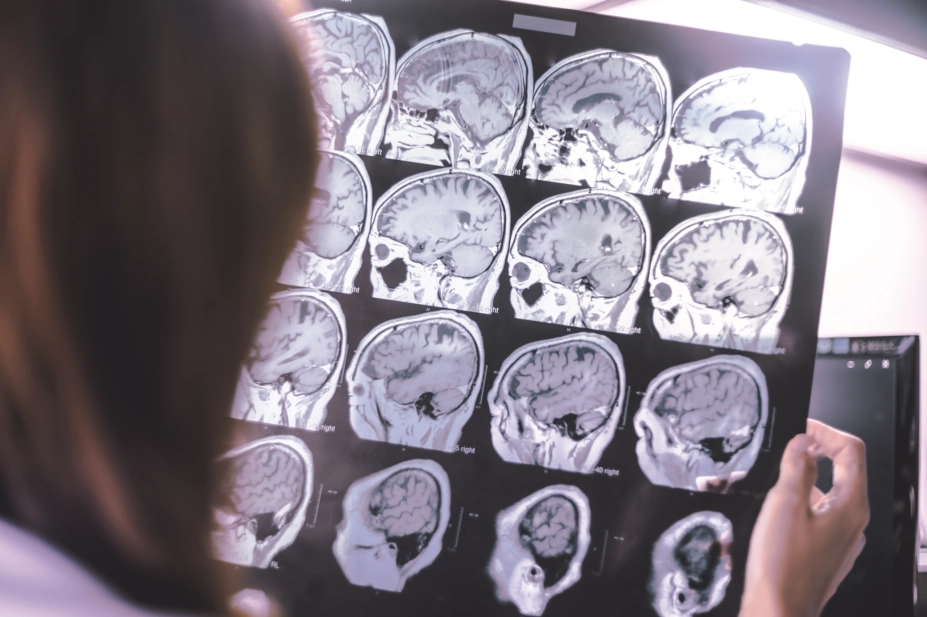
Shutterstock.com
It is unclear whether pharmacological interventions have the potential to prevent or delay dementia.
To explore, researchers carried out a systematic review of data from 51 trials looking at the effectiveness of pharmacological interventions compared with placebo, usual care, or active control, on cognitive outcomes in people without dementia.
The team found that oestrogen and oestrogen/progestin may increase the risk of dementia or mild cognitive impairment (MCI) and that high-dose raloxifene decreased the risk of MCI but not of dementia. They also found that antihypertensives, NSAIDs and statins had no effect on dementia risk. However, all of these findings were based on low or insufficient strength of evidence.
In Annals of Internal Medicine (online, 19 December 2017), the authors concluded that the current evidence did not support the use of pharmacological interventions for protection against dementia or MCI, but it is uncertain whether this is due to their ineffectiveness or poor trial design[1]
. Further long-term studies are needed.
References
[1] Fink H, Jutkowitz E, McCarten J, et al. Pharmacologic interventions to prevent cognitive decline, mild cognitive impairment, and clinical Alzheimer-type dementia: a systematic review. Ann Intern Med 2018;168(1):63-68. doi:10.7326/M17-1529


